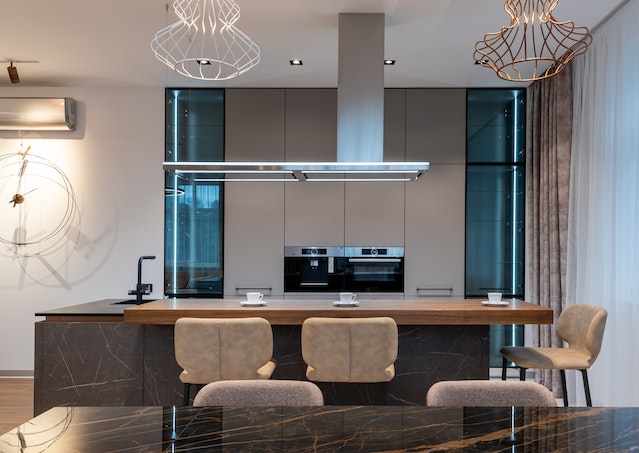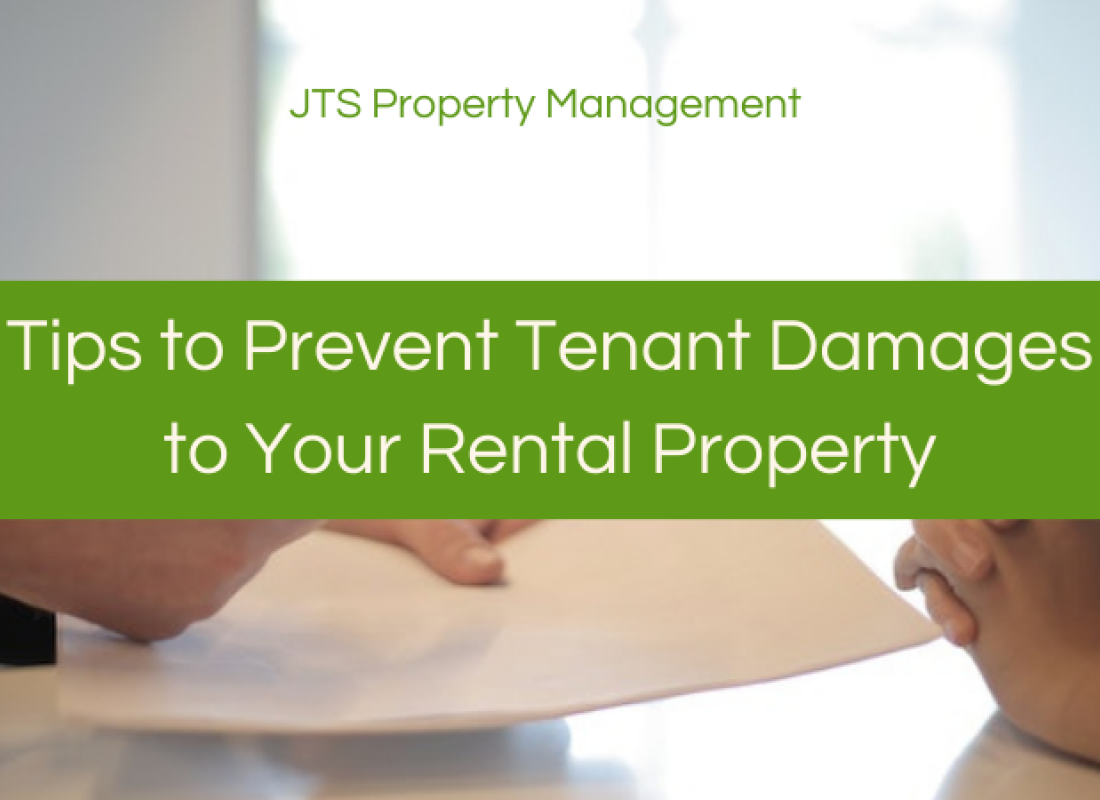Maintaining the value of your property is one of the many responsibilities that come with property ownership. Although tenant damage may be difficult for landlords, the issue can be reduced with preventive steps.
Taking a proactive approach to maintenance and keeping your property in good shape ensure that both tenants and landlords are happy.
Tips to Avoid Tenant Damage:
1. Thorough Tenant Screening
Creating an effective tenant screening procedure can protect your property from damage. One way you can do this is by interviewing an applicant’s former landlord. This can let you know about the tenant's reliability and behavior.
We advise that all landlords use a reputable screening service to conduct background checks, evaluate credit scores, and verify tenant employment. The better your screening procedure, the more likely you are to find reputable tenants who will respect your property.
2. Craft Solid Leasing Agreement.
Your lease acts as a guide for renters on how to treat your rental properly. It can minimize potential disputes between a landlord and tenant since the expectations have been outlined in the documented agreement. It also covers the maintenance responsibilities of both parties.
When creating your lease or rental agreement, list specific policies so renters are informed what behaviors are not acceptable. You will want to create policies surrounding smoking, lighting candles, growing houseplants, and addressing maintenance requests.
3. Exercise Caution During Move-Ins
The process of moving in is a crucial moment to establish realistic expectations. Take the renter along for a full walkthrough, and document the apartment's current state with pictures and a signed checklist.
This documentation will act as a starting point for determining any possible damages when the tenancy is over. It's a good idea to reaffirm the lease agreement's requirements for maintenance as well.
4. Schedule Routine Inspections
An important step for landlords to guarantee the maintenance of their rental properties is conducting routine apartment inspections, looking for any unreported damages, and making sure the tenants are abiding by the lease terms are important stages during these inspections.
Systematic inspections, whether seasonal or biannual, enable the early identification of potential problems, whether a simple fix or a more serious maintenance issue. It's crucial to adhere to local privacy laws and regulations and provide tenants sufficient warning before inspections.
5. Invest In Upgrades
Purchasing long-lasting materials and appliances lowers the risk of damage and the frequency of repairs. Installing durable flooring materials like ceramic tiles or premium laminate can reduce wear and tear compared to carpets. Although the initial cost may be higher, the items last longer saving you money in the long run to fix or repair.
6. Address Vacancies Quickly
One of the most important aspects of apartment management is taking care of vacancies right away because it greatly reduces the risk of damage and guarantees a consistent stream of income. An apartment that is unoccupied for a long time is more vulnerable to threats including vandalism, unauthorized occupants, and even vermin because of poor maintenance.

Additionally, if your flat is unoccupied, you won't be earning any rental money, which could put a burden on your finances, especially if you have mortgage or maintenance obligations to make. The vacancy period can be drastically decreased by actively marketing the unit, holding viewings, and having a quick tenant screening procedure.
7. Choose Low-Maintenance Landscaping
Keeping your curb appeal attractive is an effective way to market your rental space. However, you need to select the proper plants. To reduce the likelihood of damages, we advise on investing in low-maintenance plants to ensure that the property has a good exterior.
Before planting trees, you also need to study where to locate them so underground systems are left undamaged. In addition, regular maintenance is needed since overgrown branches can break windows, damage roofs, and affect gutters.
8. Value Long-Term Tenants
Long-term tenants offer some stability and lower turnover expenses. They will feel more cared for and accountable for the apartment if you keep a positive relationship with them, respond to their issues promptly, and express your gratitude for their tenancy.
9. Develop Positive Landlord-Tenant Rapport
A good relationship with renters leads to easy management of your rental space. You must cultivate trust and to establish this, prioritizing responsiveness is key. If a renter reports a property problem, address it right away. This makes the renters feel you are a reliable landlord.
Offer privacy to your renters and be respectful of their private space. Don’t forget to send a notice before performing an inspection of the unit. This allows renters to decide whether to be present for the inspection or not. They can also reschedule gatherings to make way for the inspection.
10. Require a Security Deposit
A financial barrier against potential damages is a security deposit. It offers a financial safety net to pay for maintenance or cleaning fees at the end of a lease. To prevent future misunderstandings, the lease agreement should fully state the security deposit's provisions, including the circumstances surrounding its refund.
Bottom Line
To maintain property value as a landlord, a combination of practical strategies and positive tenant relationships is crucial. These strategies help preserve the property and minimize repair costs. However, maintaining a property can take a lot of time.
Entrusting your property to a respected property management company like JTS Property Management ensures that your property will be expertly maintained thanks to their experience, and you'll have peace of mind knowing that your investment is in good hands.


